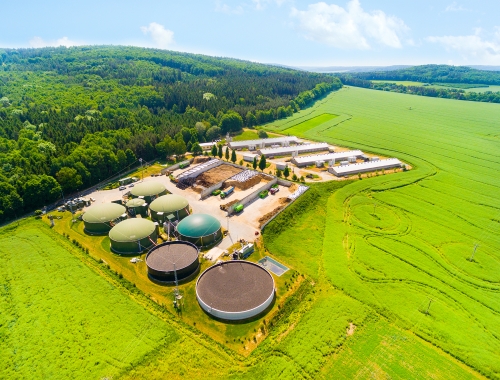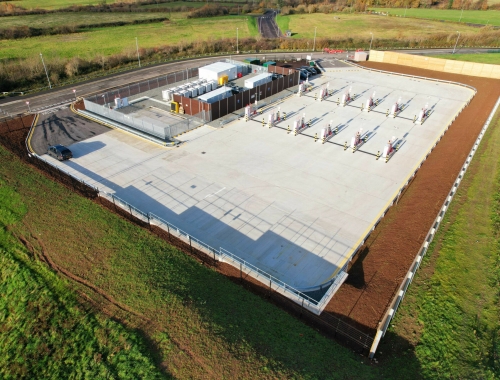Shell to provide CCS technology to UK Humber Zero
SUMMARY
Shell’s Cansolv technology will help decarbonise the UK’s largest industrial cluster. [Image: Shell]
By Maureen McCallPOSTED IN:
Multinational major Shell will provide technology to capture CO2 as part of the Humber Zero project in the UK, the company said February 3.
Shell Catalysts & Technologies was appointed by Humber Zero, a multibillion-pound project to decarbonise industry in the Immingham industrial region on the Humber River in northern Lincolnshire. The project involves post-combustion carbon capture and storage (CCS) and the production of hydrogen for energy.
Shell’s Cansolv technology will be retrofitted on two of three generating units at the existing VPI Immingham power station. Technip Energies will support the design of the capture unit and the pilot plant as Shell’s partner in Cansolv.
“Industrial-scale carbon capture and storage will be essential if the UK is to achieve its net-zero targets,” said Jonathan Briggs, VPI Immingham’s project director for Humber Zero. “Humber Zero is a pioneering project that will capture up to 8mn metric tons/year of carbon from critical industry, making a significant contribution to the national carbon reduction goal.”
The technology captures up to 95% of the CO2 in the flue gas, preventing it from being emitted into the atmosphere and allowing it to be compressed, transported and safely stored in geological structures under the seabed.
Shell’s Cansolv technology has been in operation since 2013, including in a large-scale, commercial, low-pressure application at a coal-fired generating station in Canada, where it is designed to capture up to 1mn mt/year of CO2.
Decarbonisation of the Humber Region by 2040 is critical for the UK’s net-zero ambitions since it is the UK’s largest cluster of industrial emissions.
VPI Immingham’s 1,240 MW combined heat and power plant is ideally placed for a significant reduction in industrial CO2 emissions. The plant provides power and heat for around 25% of the UK’s refinery capacity, including the adjacent Phillips 66 Humber Refinery, and meets about 5% of the peak power requirements of the National Grid.







